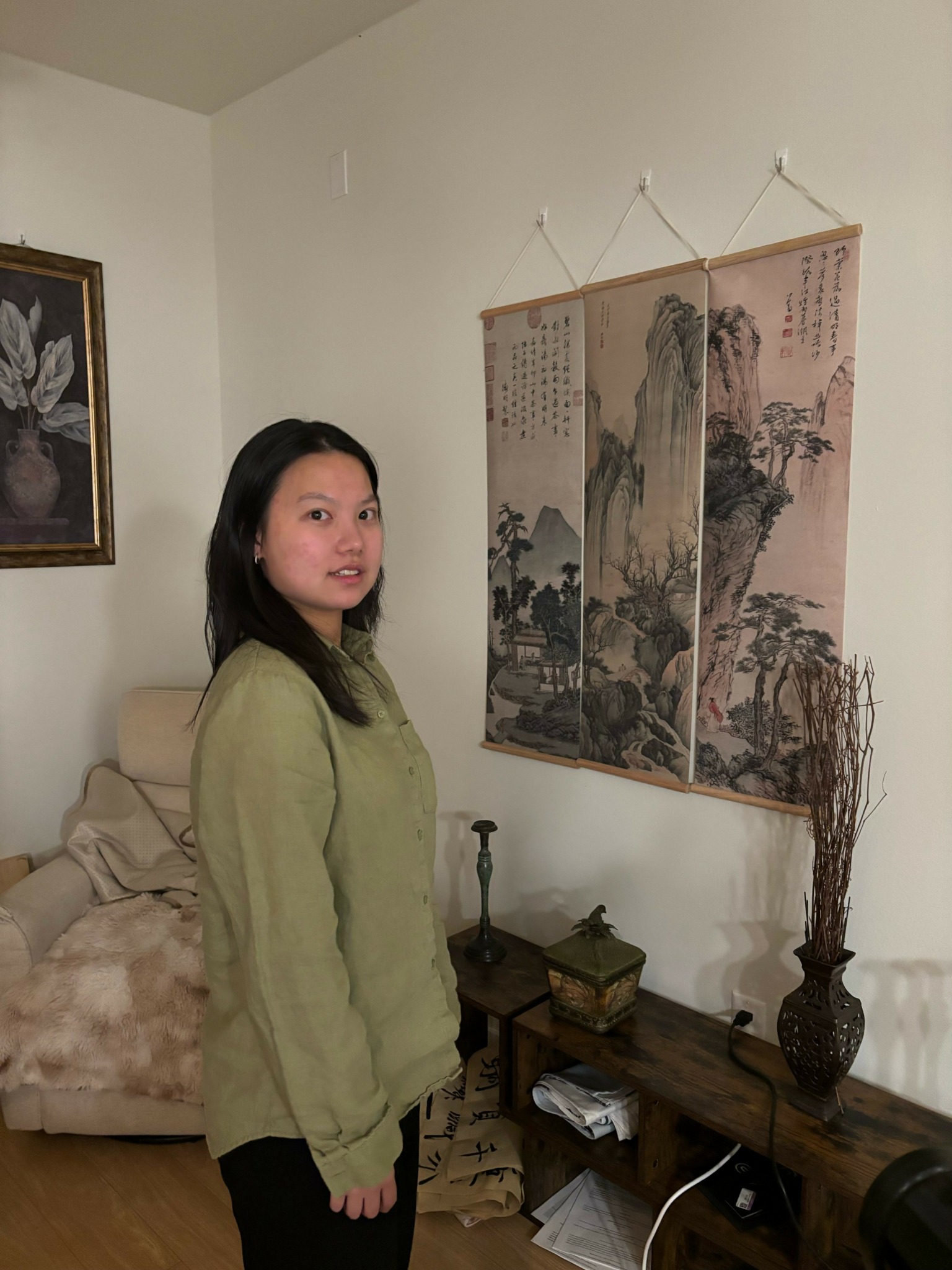We caught up with the brilliant and insightful Yu He a few weeks ago and have shared our conversation below.
Yu, looking forward to hearing all of your stories today. Do you think your parents have had a meaningful impact on you and your journey?
I’m really grateful that my parents have always supported me. They don’t have any background in the film industry and don’t fully understand how it works, but they know how much I love it, so they’ve always encouraged me and respected my choices.
Financially, they’ve given me a lot of support. Ever since high school, whenever I wanted to make a film, they were willing to help with the costs, whether it was for equipment, locations, or post-production. They never questioned whether filmmaking was a practical career choice or tried to push me toward something else. Instead, they made it clear that as long as I was passionate about it, they would support me.
More importantly, they gave me complete creative freedom. They never interfered with my decisions or told me what I should or shouldn’t do. Even though they didn’t fully understand the industry, they trusted me to figure out my own path. They also made an effort to help in ways they could, like driving me long distances to find filming locations or connecting me with people who had experience in the field.
Because of their support, I was able to get into a film-related undergraduate program and now continue my studies at the graduate level. But what I appreciate the most is that I’ve always felt free to explore and create without pressure or restrictions. Their encouragement has given me the confidence to pursue what I truly love.
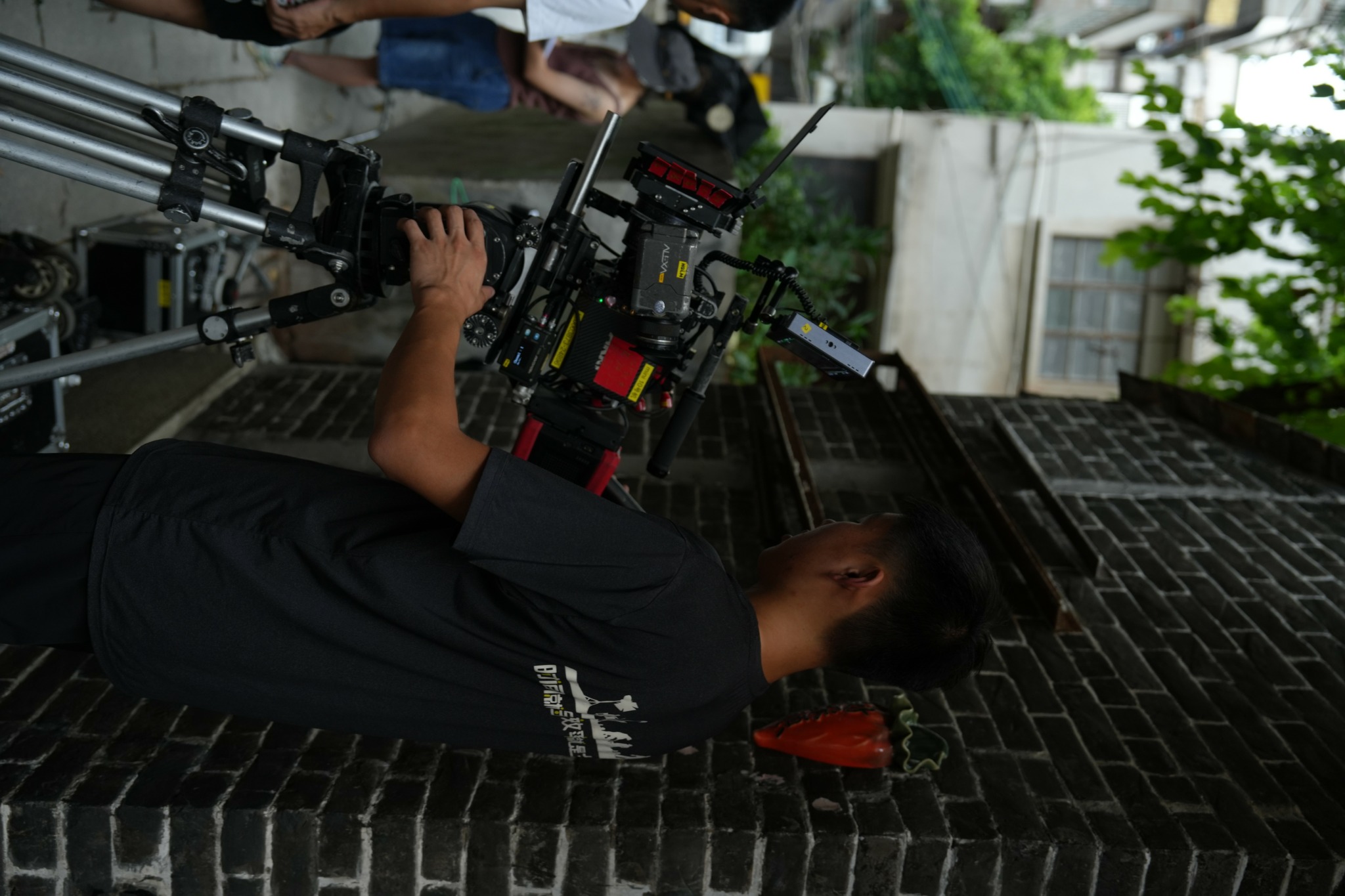
Yu, love having you share your insights with us. Before we ask you more questions, maybe you can take a moment to introduce yourself to our readers who might have missed our earlier conversations?
I’m a filmmaker specializing in narrative films and documentaries. My work focuses on capturing the emotional depth of human relationships, often through a realistic lens while also experimenting with different visual storytelling techniques.
I originally planned to study economics in high school, but I quickly realized it wasn’t something I was passionate about. After a long conversation with my family, I decided to pursue filmmaking instead. At first, they had concerns about the uncertainty of the industry, but over time, they became my biggest supporters, giving me the freedom to create and explore without pressure.
I studied Film & Television at the University of the Arts London, where I made several short films during my time there. I find inspiration in everyday moments, small details, and human interactions, and I enjoy crafting stories that feel authentic and emotionally resonant. For me, film isn’t just about telling a story—it’s about creating an experience that connects with people on a deeper level.
My work spans different formats, from family documentaries to experimental films. One of my projects was a documentary about my grandmother, which was a very personal exploration of memory and family. Another film that means a lot to me is Elly, a 15-minute narrative short that I shot in my hometown. It carries a lot of my personal and cultural identity and was also my first experience working with a more structured crew, marking an important step in my filmmaking journey. I’ve also experimented with more avant-garde filmmaking, like Pear, a project where I embraced improvisation and unrestricted creative expression.
What I’m most proud of is that I’ve stayed true to my creative vision while continuously exploring new ways to express emotions and ideas. I want my audience to feel something real when they watch my films, to connect with the emotions on screen in a way that resonates with their own experiences. To me, filmmaking is a form of communication—one that transcends cultures and backgrounds, creating moments of shared understanding. That’s what drives me to keep making films.
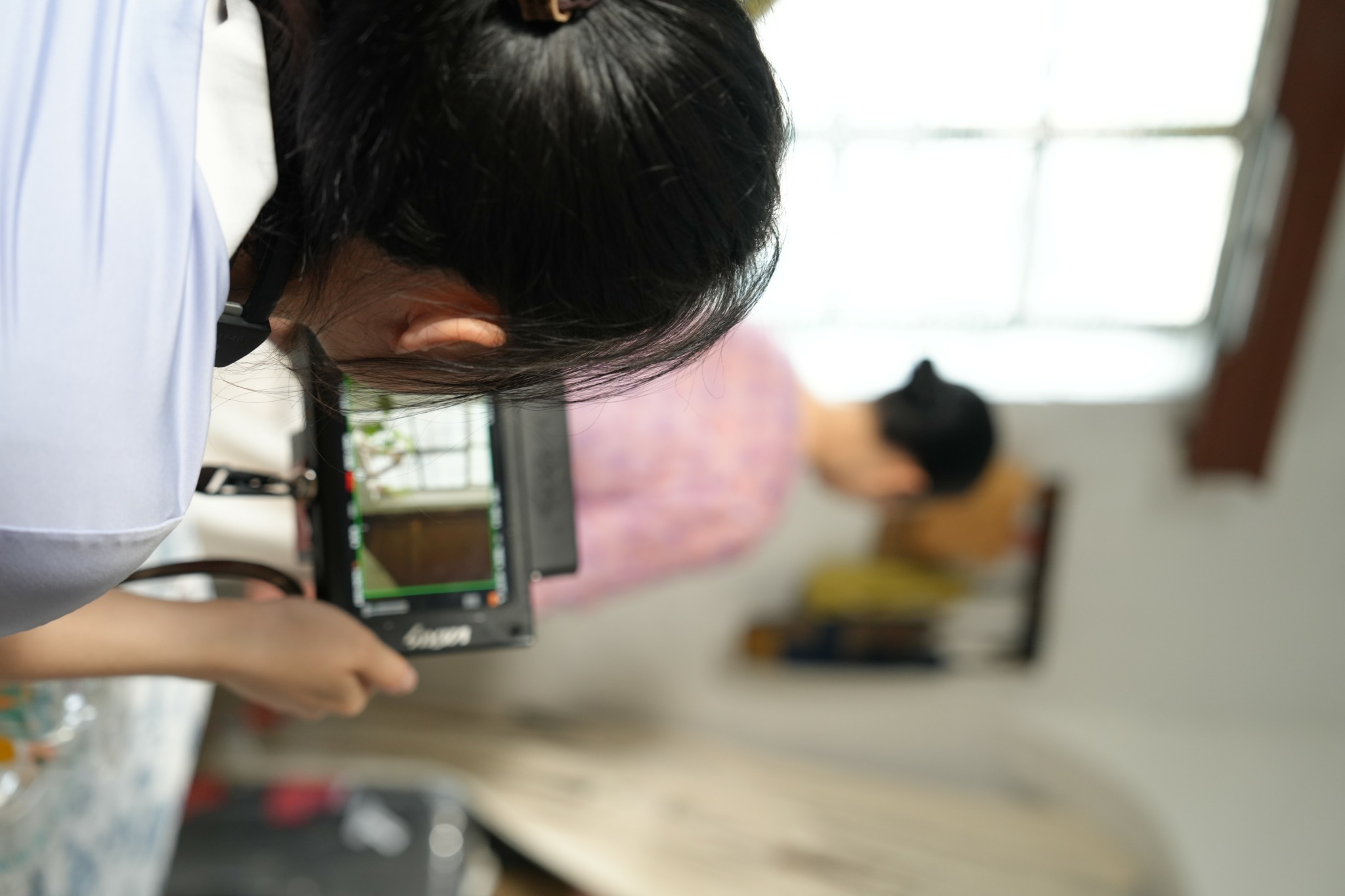
Can you share a story from your journey that illustrates your resilience?
One of the moments that really tested my resilience was during the shoot for my first 15-minute narrative short film, Elly. At the time, I was still a student, and while I had some filmmaking experience, this was my first time working with a larger, more structured crew. I was excited but also a bit overwhelmed by the scale of the project.
One day, we had an important outdoor scene planned, but the weather forecast showed a high chance of rain. I had to make a quick decision—should we stick to the original plan and risk getting caught in the rain, or should we change locations and shoot indoors instead? Either way, the choice would affect the entire production schedule, and I had to decide fast.
I felt a lot of pressure at that moment because changing locations meant adjusting the blocking, camera setups, and even the way the scene was performed. But if we stayed outside and the rain started too soon, we could lose valuable time and struggle to get the shots we needed. In the end, I decided to go ahead with the outdoor shoot and push the schedule to move as quickly as possible. The entire team worked efficiently, the actors got into character right away, and we managed to wrap just before the rain came pouring down.
That experience taught me a lot about working under pressure and making quick decisions on set. In filmmaking, unexpected challenges are inevitable, but what really matters is how you handle them. If I had hesitated too long, we might have missed the opportunity to get the scene as planned. That moment reinforced my ability to adapt and problem-solve, which is something I’ve carried with me ever since.
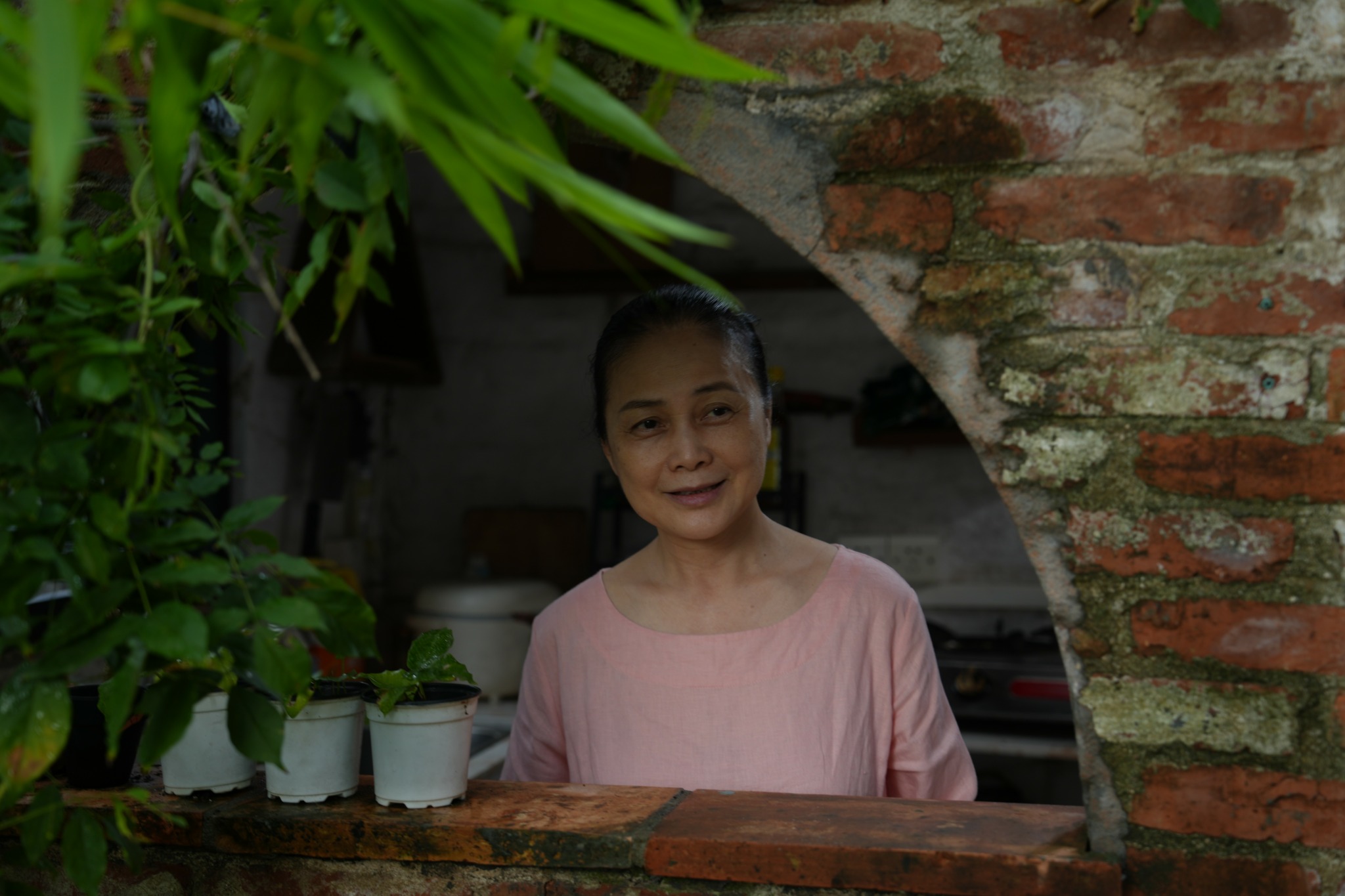
How can we best help foster a strong, supportive environment for artists and creatives?
I think **financial support** and **creative freedom** are the two most important things when it comes to supporting artists and a thriving creative ecosystem.
**Financial support** gives artists the ability to focus on their work without constantly worrying about making ends meet. More funding, grants, or fairer revenue-sharing models would help independent filmmakers and artists create without having to compromise their vision just to fit market demands.
**Creative freedom** is just as important. Great work comes from honest expression, and too many restrictions can make art feel repetitive or uninspired. It’s important for society to embrace diverse voices and give creators the space to explore different stories instead of limiting them to commercial or regulatory expectations.
At the end of the day, if artists have both financial security and the freedom to express themselves, creativity will thrive.
Contact Info:
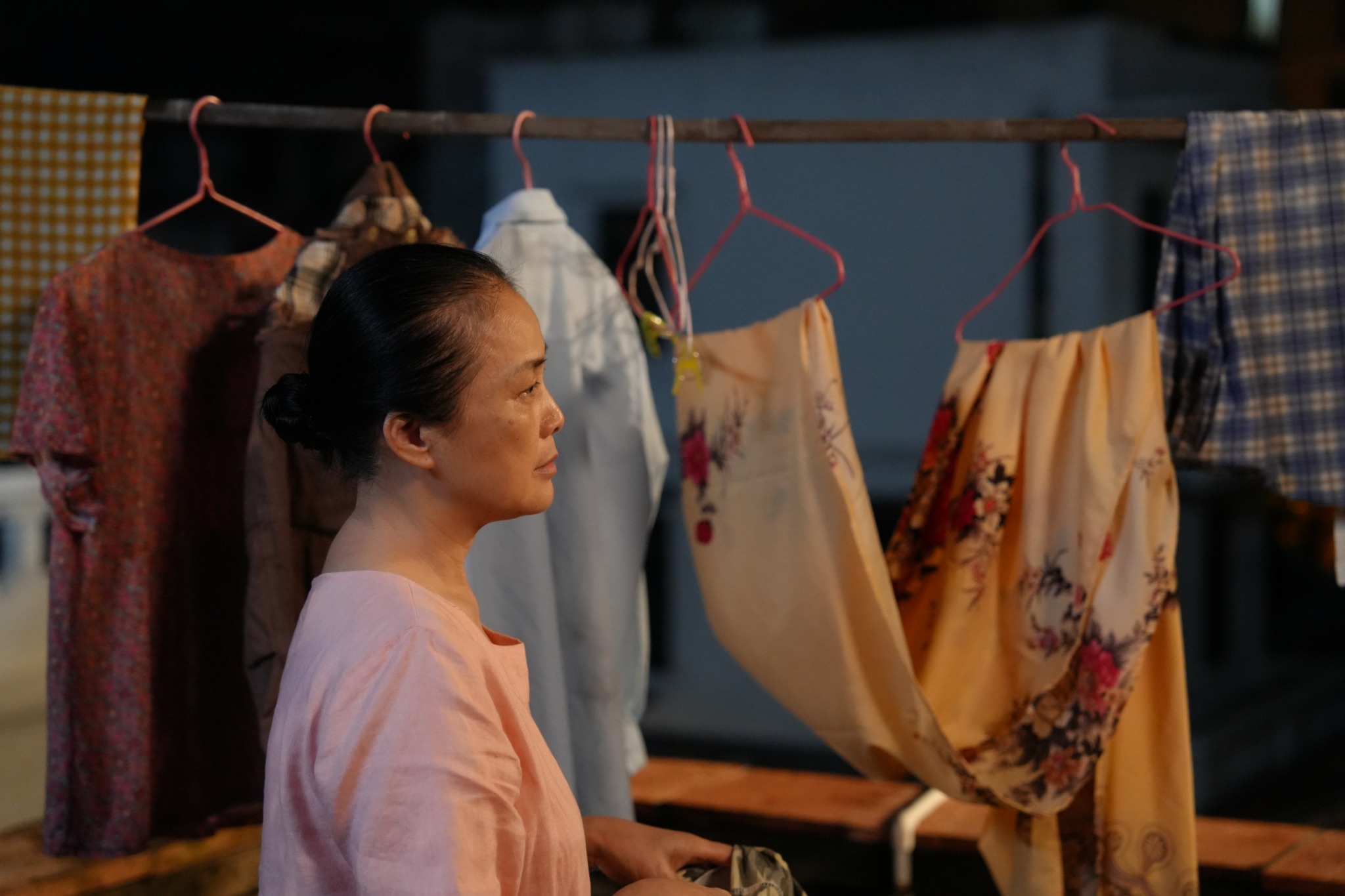

Image Credits
Yu He


